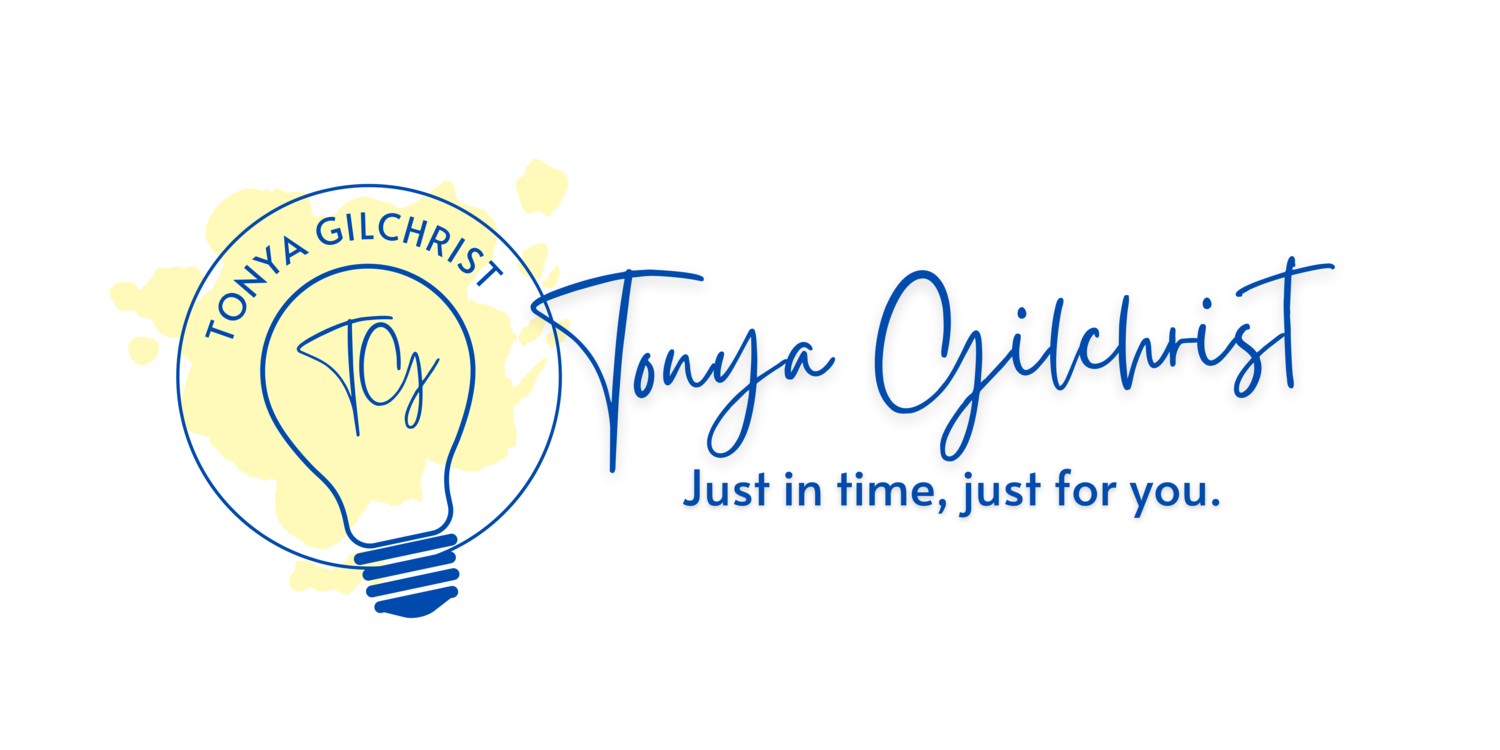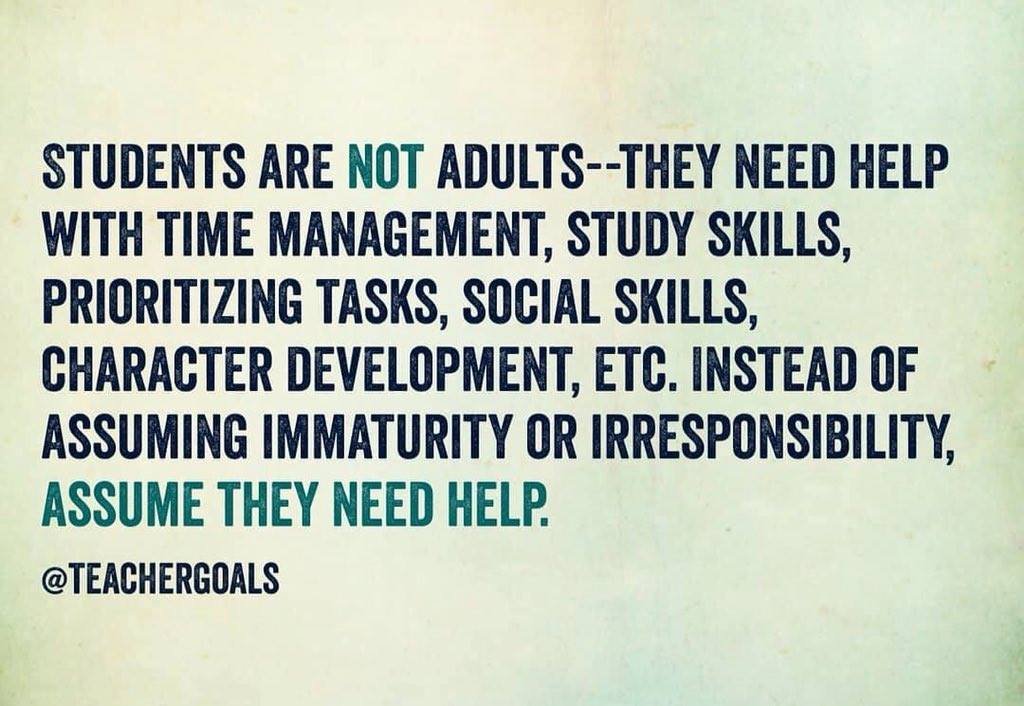Assume They Need Help...
About a month ago, this tweet from teachergoals popped up in my feed. It's been rolling around in my mind ever since.As a student-centered coach, it resonated with me. After all, an important part of coaching is presuming positive intent and using positive presuppositions. As an IB educator, it struck a chord as I value the importance of empowering learners to build effective Approaches to Learning (AtL) skills. And, finally, as a middle school educator, it hit home for me as well. Over the years, I have heard adult after adult bemoan the attributes of the younger generation. According to these complaints, adolescents are disrespectful, lazy, apathetic, irresponsible...the list, sadly, goes on and on.But, is that true? This question immediately brought to my mind The Work by Byron Katie. It can be powerful in so many areas of life. Why not our teaching lives? What benefits might we find from taking our class/student/school judgments through an inquiry process? If you aren't familiar with The Work, it involves an inquiry process that is used to question judgment statements:
- Is it true? (Yes or no. If no, move to 3.)
- Can you absolutely know that it’s true? (Yes or no.)
- How do you react, what happens, when you believe that thought?
- Who would you be without the thought?
- Turn it Around: a statement can be turned around to the self, to the other, and to the opposite.
Let's try applying this inquiry process to a judgment about a student. Let's say that your student, George, has not been completing any independent assignments in your class. When you see that once again George does not turn in his reading reflection, you think: George should be more responsible!
- Is that true? Is it true that George should be more responsible?
- Can you absolutely know that it’s true? Can you absolutely know that what George needs is to be more responsible?
- How do you react, what happens, when you believe that thought? What happens when you believe “George should be more responsible" and he isn't? Do you experience anger, frustration, and/or stress? How do you treat George? Do you give him “the teacher look”? Do you reprimand him, possibly in front of others? How do these reactions feel? How do you treat yourself? Does that thought bring stress or peace into your classroom (and your life!)?
- Who would you be without the thought? Picture yourself in the presence of George in this situation. Now imagine looking at George, just for a moment, without the thought “George should be more responsible.” What do you see? What would your teaching and conferring look like without that thought?
- Turn-arounds:
- I should be more responsible. (to the self)
- I should be more responsible towards George. (to the other)
- George shouldn’t be more responsible. (to the opposite)
The idea of these turn-arounds is not to induce guilt or shame, but rather to allow us to consider other perspectives with curiosity and an open-mind and to discover alternative ways to experience situations. Consider the three turn-arounds above. Can we find examples where these could be true?
- Perhaps I should be more responsible. Have I created a classroom culture of honesty and character? Is the work I'm expecting of my students relevant and meaningful?
- Perhaps I should be more responsible towards George. Have I been conferring with him regularly? Have I worked to build a rapport with him so that he knows he can be honest and open with me? Have I modeled a variety of ways to use self-management and organization skills for George? Have I shown George that I care about him as a person?
- Perhaps George shouldn't be more responsible. What's going on in George's life? Perhaps he is indeed responsible. Perhaps he is responsible for getting his six-year-old sister to school safely each day and making both of them breakfast and dinner. Perhaps he is responsible for keeping her safe from bullies (and more!) on the walk home. Perhaps he is responsible for washing their uniforms each evening because they each have only one. Yes, perhaps what George needs right now is not to be more responsible.
Curiosity. Inquiry. Open-mindedness. Seeing multiple perspectives. Embracing discomfort and growing from it. Isn't this what we hope for our students? Can we, then, embrace this ourselves?

